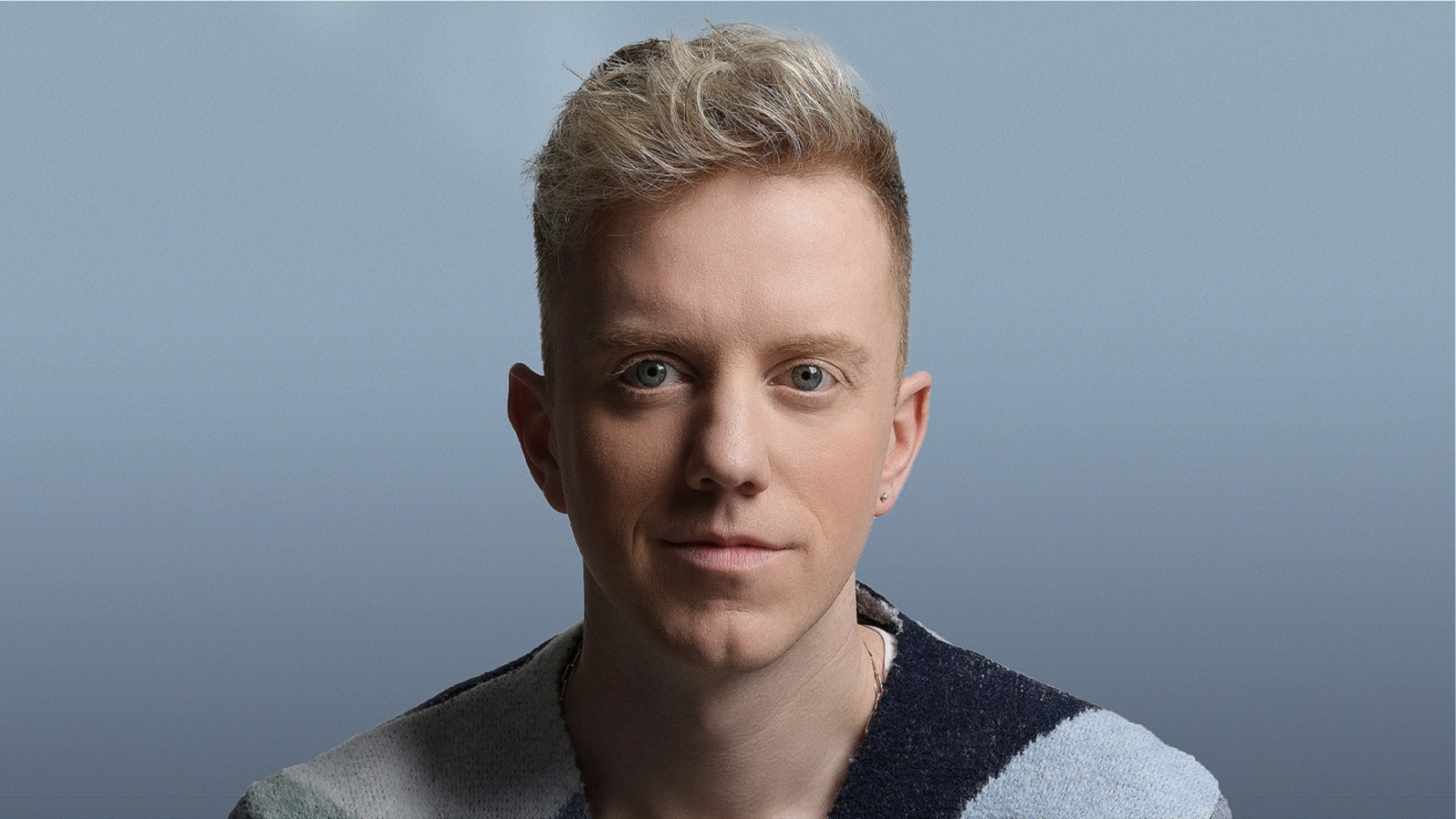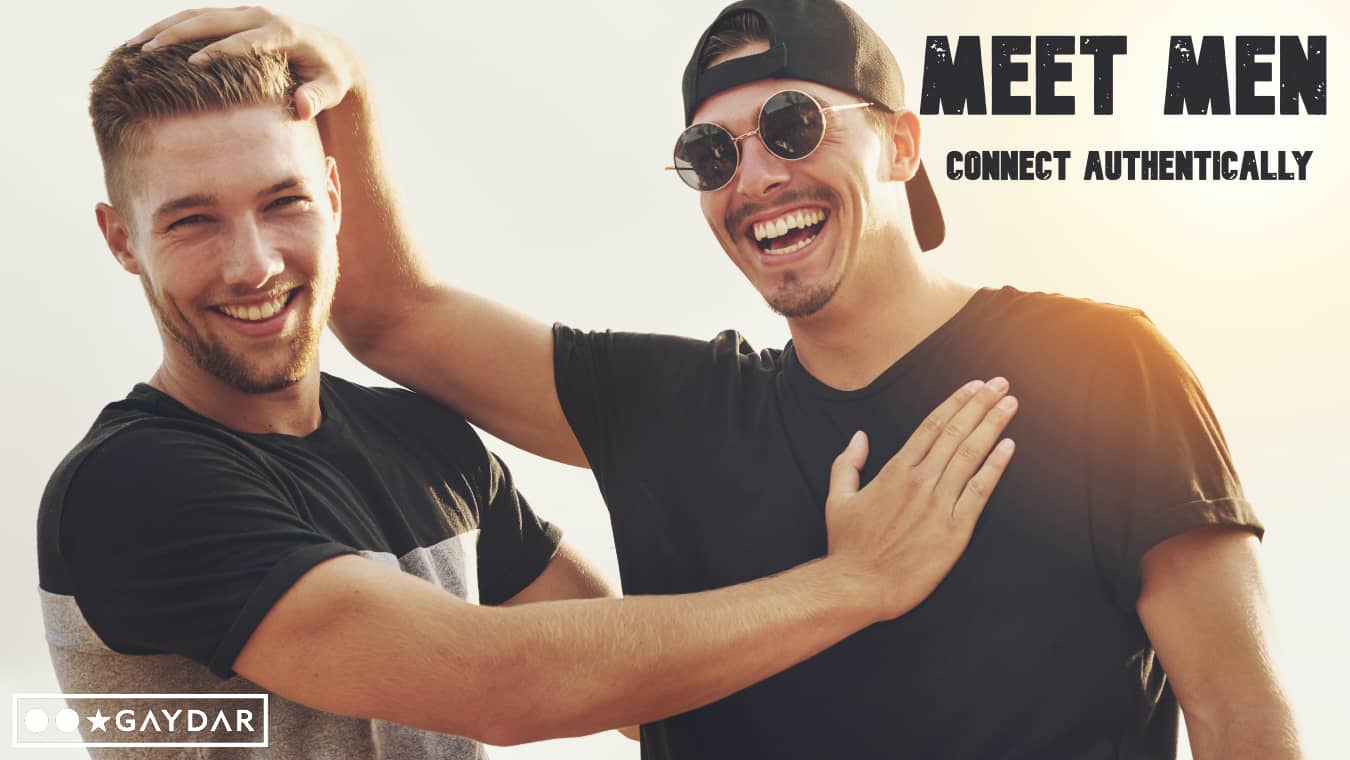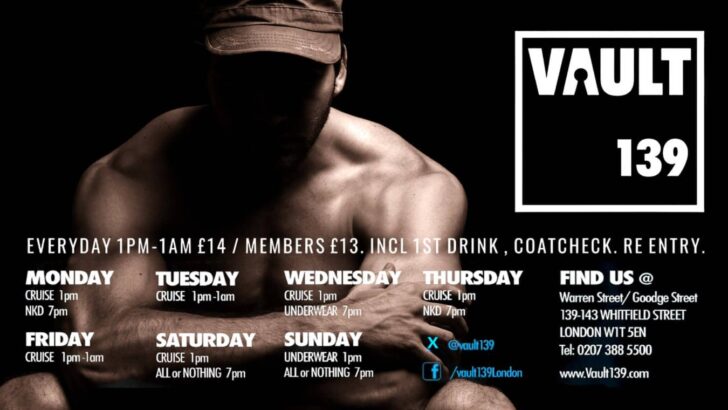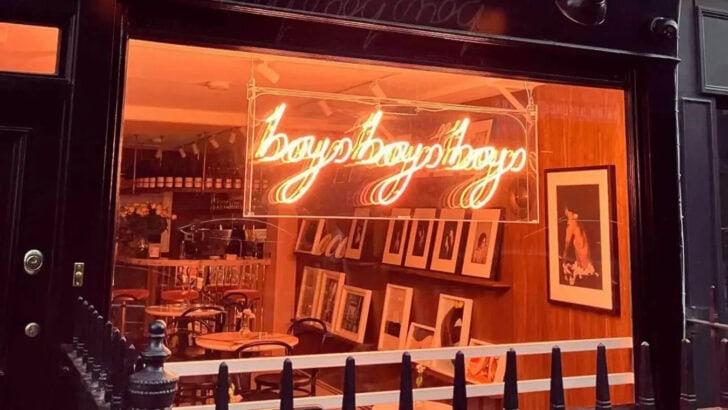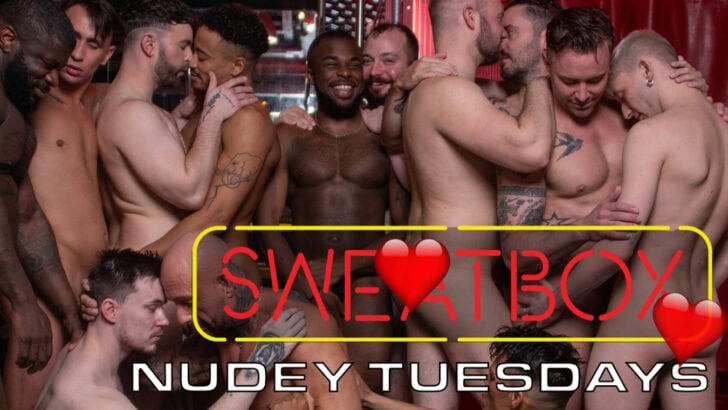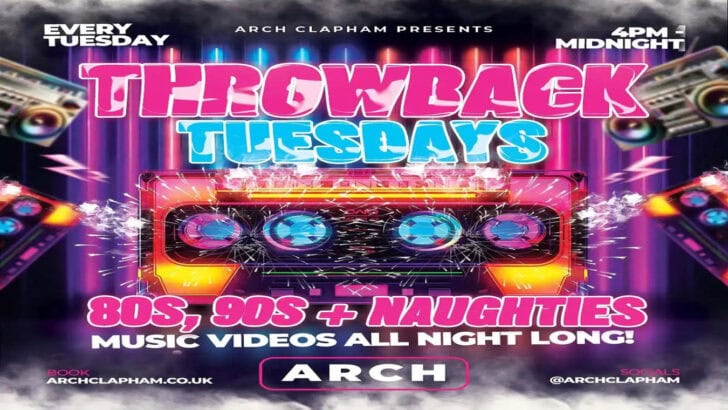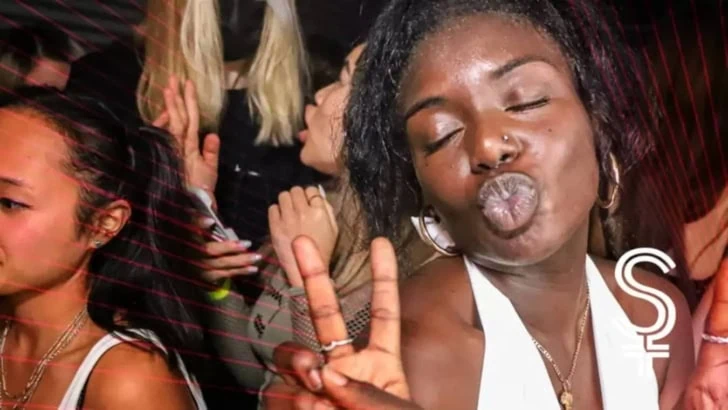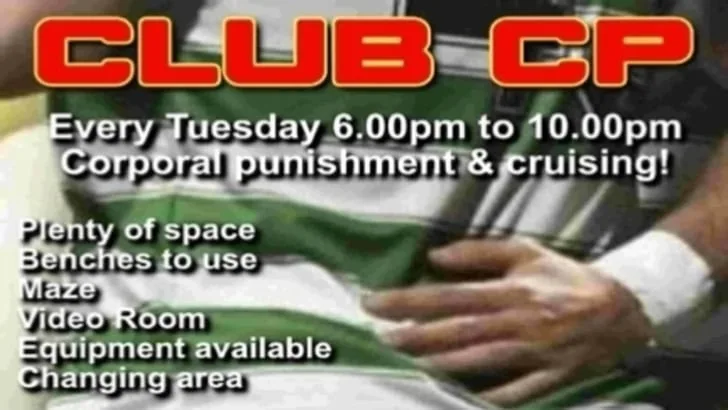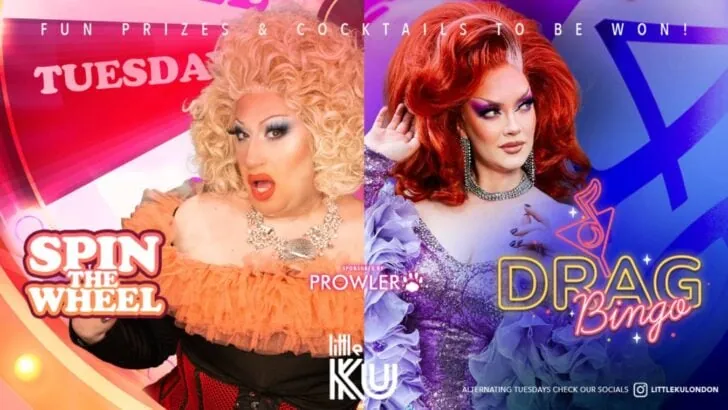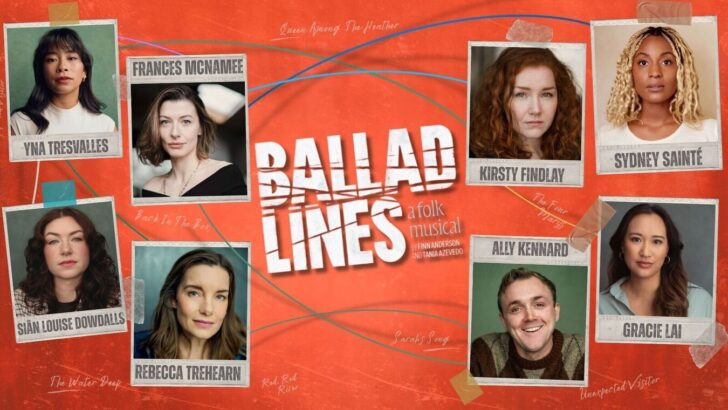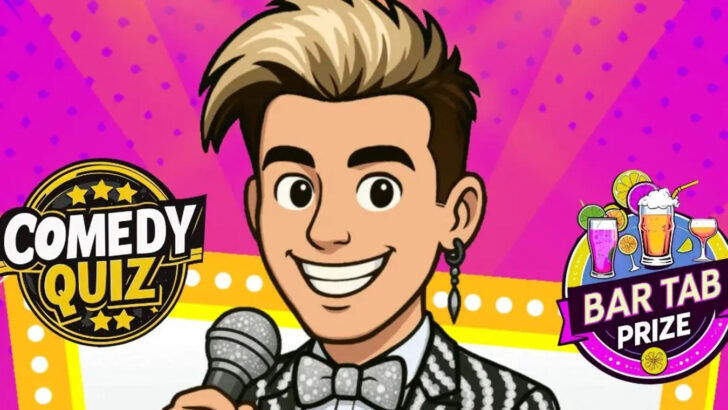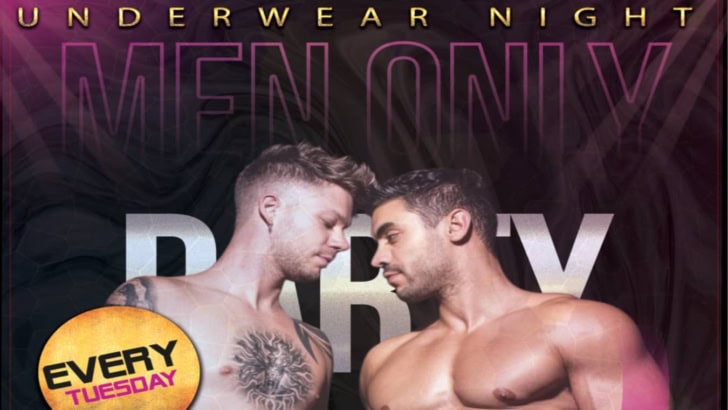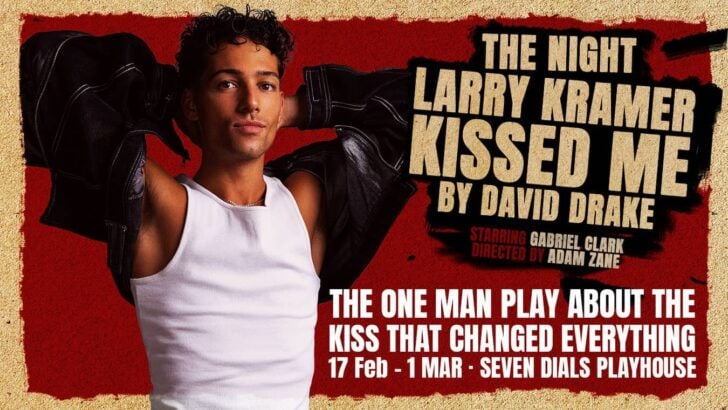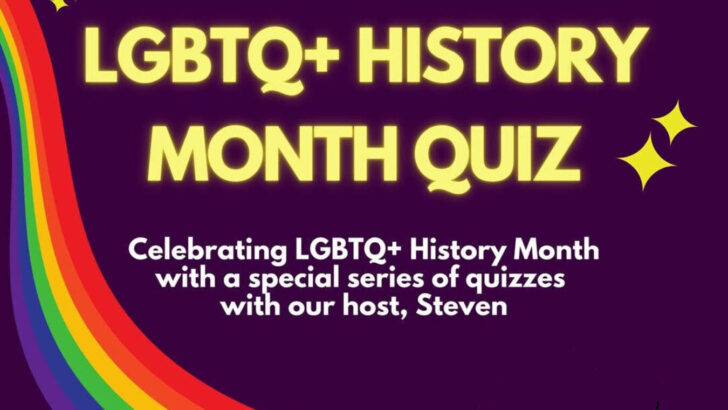Abusive relationships don’t announce themselves. No one turns up to a first date and says, “Hey, nice to meet you. I have unresolved childhood trauma and rage which I’ll be regularly projecting onto you”. To be honest, I wish they did. Instead, abuse arrives dressed as affection. In my case, it turned up a Spice Girls concert. I was Ginger. He was Scary. (No, really.) At first, it was perfect. We texted constantly, he stayed over every weekend, and we had the same favourite Kylie song (Get Outta My Way). I thought that meant we were soulmates. No – we were just two basic gay men clinging to compatibility and a need to be loved.
Red flags weren’t obvious at first. Sometimes even looking for them feels like victim-blaming. But gradually, he started chipping away at my self-esteem. But red flags rarely wave in plain sight. They flicker. His compliments started to feel like digs. He told people I had a small dick. (I don’t. And if you need evidence, my DMs are open.) He once said, “I usually don’t fancy ginger guys,” and expected me to thank him. And I did. Because once you let a few things slide, the slope gets slippery. We minimise. We justify. We say “he’s just damaged” or “he’s been through a lot.” (But so have I, and I don’t hurt people).
Here’s the thing: in queer relationships, red flags often look like rainbow flags. No one teaches us what healthy gay love looks like. We grow up hiding, hurting, surviving and if we don’t take time to heal, we can hurt each other without realising. Hurt people hurt people. But sometimes, hurt people control, gaslight, and harm the people they say they love.
I understood my ex’s trauma. I saw his pain, and I made excuses for it. I felt sorry for him. I wanted him to be okay. So, I ignored my own.
And that’s when the violence started.
It took me a long time to realise this was an abusive relationship, it happened at a Botox appointment. I had a panic attack, the clinician asked me if I was okay and then, suddenly, four years of stifled unsafety exploded inside of me. I heard myself say it: “my boyfriend is violent”.
It was at that moment my clinician shared her story with me, she’d recently left an abusive husband. Her story changed my life. So now I’m doing what Celeste did for me. I’m talking about domestic abuse. Both in my comedy, and here. If you’re reading this and feeling confused, exhausted, or ashamed. I want you to know: it’s not supposed to be like that. Love is love, but love is not love, if it hurts.
It’s embarrassing to talk about domestic abuse or admit that this happened to you, but as a gay man, I’ve already defeated shame once. Now I’m doing it again, in the hope my story saves someone else. Real love is safe. It doesn’t silence you, scare you, or make you feel small. If you see the red flags, trust yourself. You don’t need to wait for things to get worse. You can leave.
James talks about his experience of domestic abuse in his stand-up comedy show Sorry I Hurt Your Son (Said My Ex To My Mum), which he will be taking to the Edinburgh Fringe Festival this year, 30 July – 24 August 2025.
Praise for Sorry I Hurt Your Son (Said My Ex to My Mum) From Edinburgh & Adelaide Fringe Festivals
“It’s almost shameful that Barr should mercilessly and incessantly joke about domestic violence for almost fifty minutes, and even worse that we the audience should laugh at it. But that’s exactly what happens: Barr does it so well and we laugh and laugh” ★★★★ The Barefoot Review Australia
“Confronting and funny… A burgeoning storyteller” ★★★★ The List
“It’s fascinating to watch someone break the rules of their chosen craft and succeed.” ★★★★ Arts Hub Australia
“I could hear my heartbeat in my ears” ★★★★ Broadway Baby
“Funny and sad, truthful and silly, hurtful and important.” ★★★★ Edinburgh Festivals Magazine
“He had us on the edge of our seats.” ★★★★ Pride Nomad
“A bold piece. Entertaining and urgent.” ★★★★ Shadows on the Wall
The Galop Helpline offers emotional support, guidance and help to explore what options may be available to anyone aged 18+ who is experiencing or has experienced violence and abuse
You can phone Galop on 0800 999 5428
You can email Galop at help@galop.org.uk
https://www.galop.org.uk/helpline
